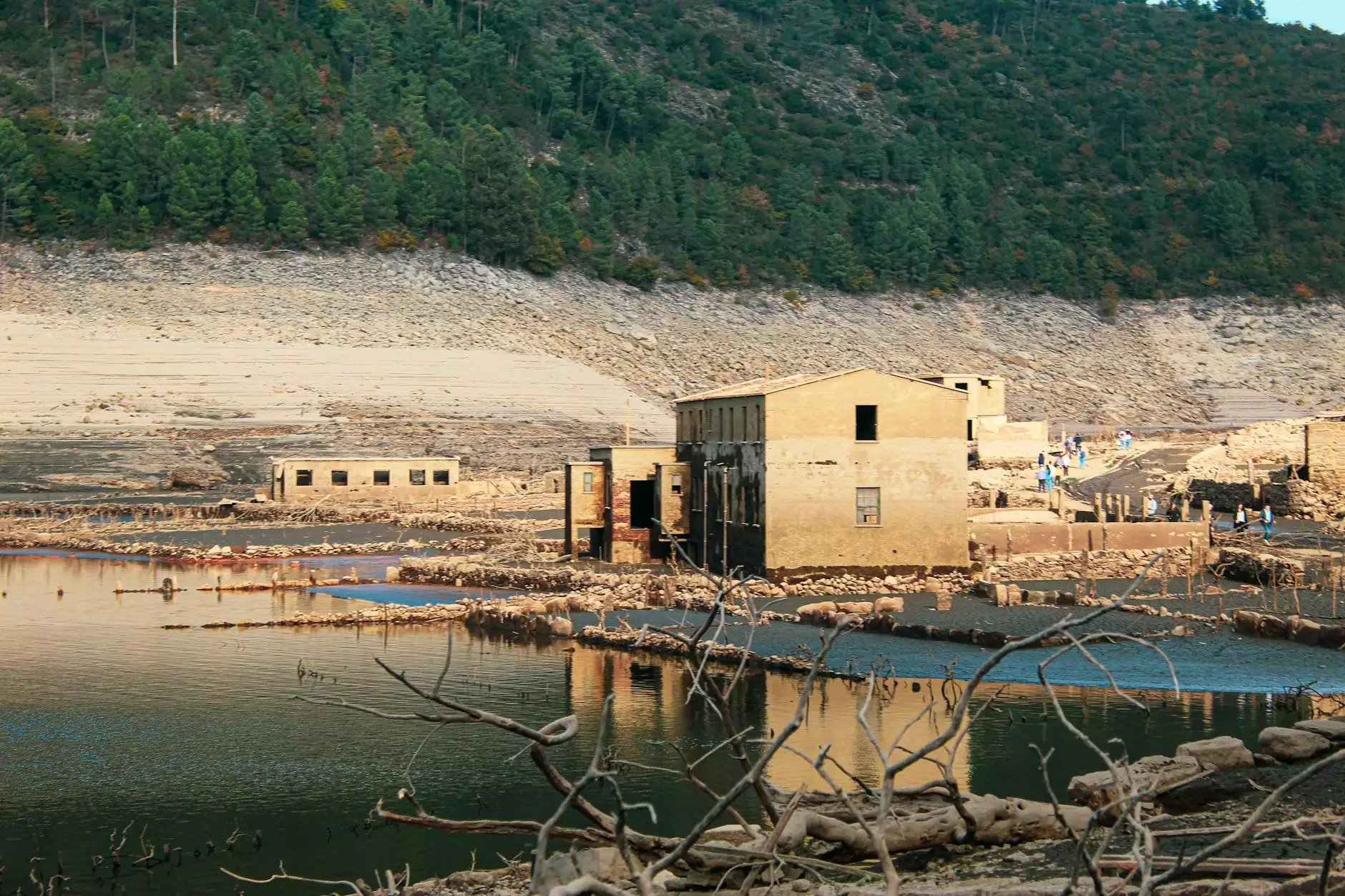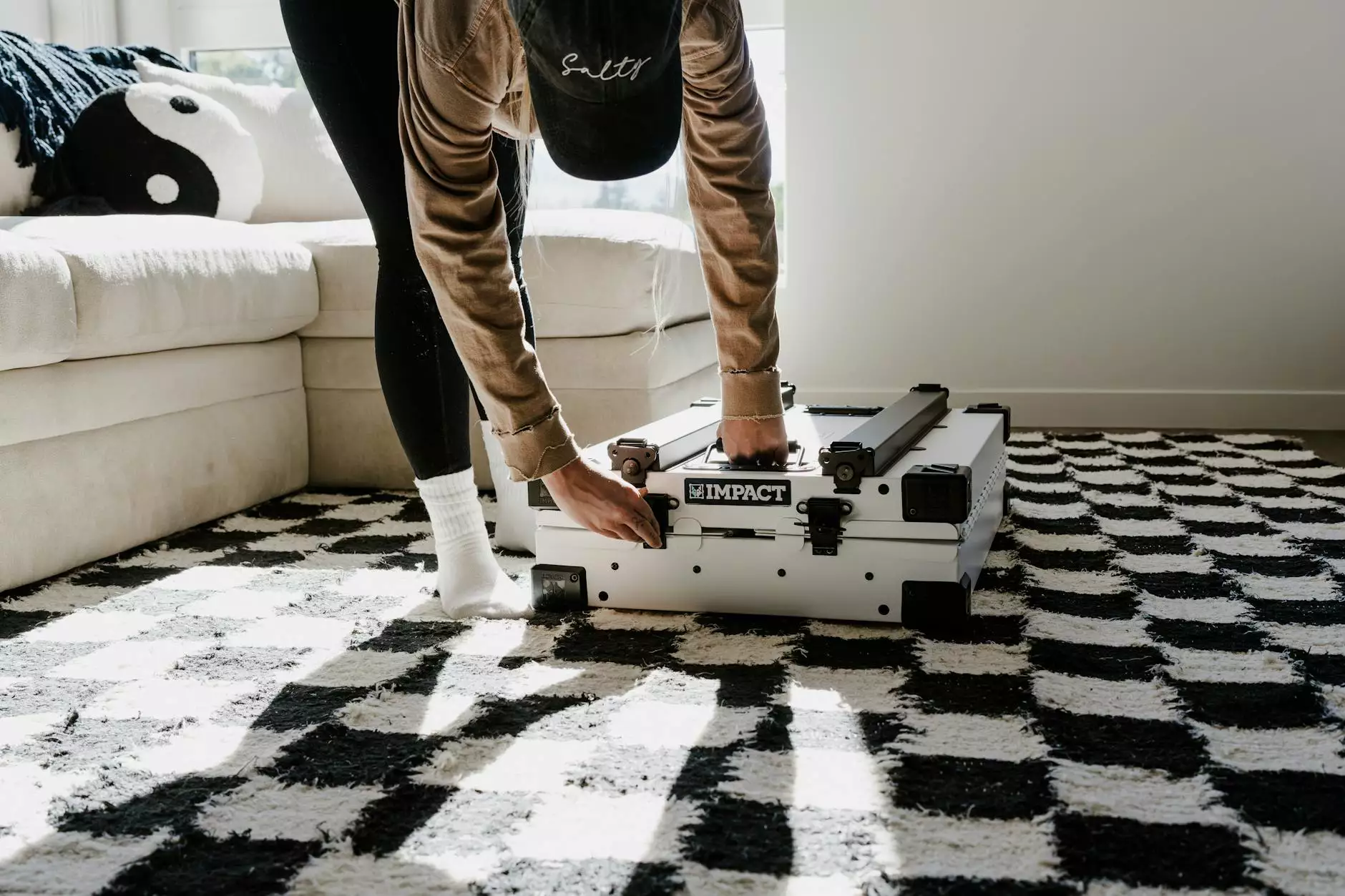Understanding Swimming Pool Resurfacing Companies

The world of swimming pool resurfacing companies is both fascinating and essential for homeowners looking to maintain or upgrade their outdoor leisure experience. Having a well-maintained pool not only enhances your property's aesthetic appeal but also ensures safety for family and friends. This comprehensive guide will dive deep into everything you need to know about selecting the right resurfacing company, understanding their services, and recognizing the long-term benefits of a properly resurfaced pool.
What is Pool Resurfacing?
Before delving into the details about swimming pool resurfacing companies, it is important to understand what pool resurfacing truly involves. Resurfacing is the process of applying a new layer of material to the interior surface of an existing swimming pool. This procedure not only refreshes the aesthetics of the pool but also addresses potential issues such as:
- Cracks and Chips: Over time, pools can develop imperfections that not only look unsightly but can also lead to leaks.
- Fading: The color of the pool may fade due to sunlight and chemical exposure, making resurfacing crucial for visual appeal.
- Rough Texture: Older pool surfaces can become rough, which is not comfortable for swimmers and may even cause injuries.
Benefits of Pool Resurfacing
Resurfacing your pool offers numerous benefits, making it a worthwhile investment. Here are some of the top advantages of employing the services of swimming pool resurfacing companies:
- Enhanced Aesthetic Appeal: A newly resurfaced pool looks fresh and inviting, dramatically improving the landscape of your backyard.
- Increased Longevity: Resurfacing can extend the life of your pool, delaying more expensive repairs or a complete replacement.
- Smoother Surface: New materials provide a smoother finish which is easier on feet and swimsuits, enhancing the overall swimming experience.
- Improved Safety: A well-maintained surface reduces the risk of slips and falls, ensuring a safer swimming environment.
- Cost-Effective: Instead of investing in a new pool, resurfacing can rejuvenate your existing pool at a fraction of the cost.
Choosing the Right Swimming Pool Resurfacing Company
Choosing the right company for resurfacing your pool is crucial for achieving quality results. Here are several factors to consider when searching for swimming pool resurfacing companies:
1. Experience and Reputation
Always check the company's experience in the industry. Companies with several years of operation typically have established practices that ensure quality work. Read reviews and ask for references to gauge their reputation.
2. Services Offered
Different companies may specialize in different types of resurfacing material and techniques, including:
- Plaster: A classic approach that is cost-effective and offers a smooth finish.
- Aggregate: Provides a textured finish with a mix of pebbles or glass beads, enhancing style and grip.
- Fiberglass: Long-lasting and extremely smooth, fiberglass surfacing can resemble a new pool.
- Vinyl Liner: Ideal for various shapes and sizes, vinyl liners can change the entire look of a pool.
3. Licensing and Insurance
Ensure that the resurfacing company is licensed and insured. This protects you in case of accidents or damages that may occur during the resurfacing process. A legitimate company will have no issues providing proof of insurance.
4. Written Estimates and Contracts
Obtain written estimates from multiple companies to compare pricing effectively. Be cautious of significant price differences, which could indicate hidden costs or low-quality materials. Ensure that a detailed contract outlines the scope of work, timeline, and payment structure.
Common Resurfacing Materials Used by Swimming Pool Resurfacing Companies
Different materials yield different outcomes in terms of durability, aesthetics, and maintenance. Here is a look at common resurfacing materials:
1. Pool Plaster
Made from a mixture of cement and marble dust, plaster offers a traditional, smooth surface that has been popular for decades. While plaster pools can last 10-15 years, they can be prone to stains and require regular acid washing.
2. Aggregate Surfaces
This category includes materials like exposed aggregate and polished concrete. Aggregate surfaces have become popular due to their durability and slip-resistant qualities. They can also be customized in terms of color and texture, adding a unique flair to your pool.
3. Pebble Tec
Pebble Tec is a popular premium option that combines plaster with small pebbles. This finish is exceptionally durable and creates a natural look that many homeowners desire. Its slip-resistant texture also enhances pool safety.
4. Fiberglass
A fiberglass resurfacing option provides a smooth, non-porous finish that is resistant to algae and other contaminants. It is oftentimes considered a low-maintenance choice with a life expectancy that can be longer than that of traditional plaster.
5. Vinyl Liners
Vinyl liners come in various colors and patterns, making them a versatile choice for pool resurfacing. They are easy to install and maintain, but their lifespan is generally shorter than other options, typically lasting around 5-7 years.
FAQs About Swimming Pool Resurfacing
What is the average cost of pool resurfacing?
The cost can depend significantly on the size of your pool, the material you choose, and the condition of the existing surface. On average, homeowners can expect to pay between $3,000 and $7,000.
How long does the resurfacing process take?
Most resurfacing jobs can be completed within a week, depending on the weather conditions and the extent of the work required. However, it's essential to allow the new surface to cure for a specific period before filling the pool with water.
How often should I resurface my pool?
Typically, most pools should be resurfaced every 10-20 years, but this can vary based on the type of surface, the level of maintenance, and environmental factors.
Can I use my pool while it's being resurfaced?
No, it is not safe to use your pool during the resurfacing process. It’s best to plan the resurfacing during a time when your pool is not in use, such as in early spring or late fall.
Conclusion: Your Next Steps with Swimming Pool Resurfacing Companies
In conclusion, engaging with swimming pool resurfacing companies can significantly enhance your pool's appearance and functionality. With proper research and considerations, you can find a qualified contractor who can meet your needs and budget. Always prioritize quality materials and experienced professionals to ensure that the resurfacing process results in a long-lasting, beautiful swimming pool that you and your family can enjoy for years to come.
For expert services, exceptional craftsmanship, and a commitment to satisfaction, consider reaching out to poolrenovation.com. Start your journey to a revitalized pool today!









